Only human
January started off with a sense of determination and purpose, and many words were spoken. I myself shared thoughts about making resolutions recently. Then the dishes started piling up, and there was hitting the snooze button, staying in bed, being late, and missing opportunities. Meeting responsibilities, commuting, running around, and being a human being can take up so much time and energy.
A phrase I started to hear a lot was “only human.”
“Only human”
Here are some examples of little micro-stories I either overheard or read recently with the phrase, “only human”:
“He ruined the family business. He is only human.”
“Her winning streak ended. She is only human.”
“Sorry I am late. I am only human.”
“Sorry I forgot your birthday. I am only human.”
“I had an affair, because I am only human.”
“I missed payments on the house, because I am only human.”
“I am not fulfilling my potential, because I am only human.”
In thinking about the phrase “only human,” I have this feeling it describes a part of us that is embarrassing and regrettable. In a way, “only human” is a phrase that might make you stop what you are doing, and not try again. The phrase also speaks to making a harsh judgment: you use the phrase to make a low estimation of your abilities, and it shows that your sense of humanity orients around a sense of confinement or limitation. Somehow being human is a liability you are just supposed to live with and get used to. “Oh, well: Only human.”
“I am human”
What if you changed the script by removing the word “only” in the phrases noted above? I did this for each phrase above, and the story changed immediately. Interesting results are below, adjusted with a creative sense of the possible. Here are the rewritten versions:
“He ruined the family business. He is human, and so he took some time before he tried again.”
“Her winning streak ended. She is human. She rested and improved her nutrition strategies, and then came back to the sport a new person.”
“Sorry I am late. I am human, and I respect your time and feelings.”
“Sorry I forgot your birthday. I am human, and I want to remember your birthday on a totally different day.”
“I had an affair. Because I am human, I have an opportunity to understand myself better and make new and better choices that don’t have to be hidden from anyone, especially myself.”
“I missed payments on the house. Because I am human, I accepted the consequences, and I asked for help in my situation.”
“I am not fulfilling my potential. Because I am human, I can use my imagination to change myself, even if it’s just my attitude, and see what is next for me.”
One of the Greats
What you have here in these rewritten sentences is a celebration of being human. The sense of resilience in the above little stories reveal how being human is noble. Embracing this part of being human is a way to orient around freedom, spaciousness, and that magnificent part of being alive and part of life. The Dao de Jing, Chapter 25, speaks about the mystery of being and how humanity, being part of this mystery, reveals that there is a greatness to it all. The Dao de Jing has been studied by many scholars, and there are many translations. My favorite translation of the Dao de Jing is by Ursula K. Le Guin with the collaboration of J.P. Seaton, Professor of Chinese, University of North Carolina, Chapel Hill. Here is Chapter 25 from Le Guin and Seaton’s translation:
Imagining Mystery
There is something
that contains everything.
Before heaven and earth
it is.
Oh, it is still, unbodied,
all on its own, unchanging,
all-pervading,
ever-moving.
So it can act as the mother
of all things.
Not knowing its real name,
we only call it the Way.
If it must be named,
let its name be Great.
Greatness means going on,
going on means going far,
and going far means turning back.
So they say: “The Way is great,
heaven is great,
earth is great,
and humankind is great;
four greatnesses in the world,
and humanity is one of them.”
People follow earth,
earth follows heaven,
heaven follows the Way,
the Way follows what is.


